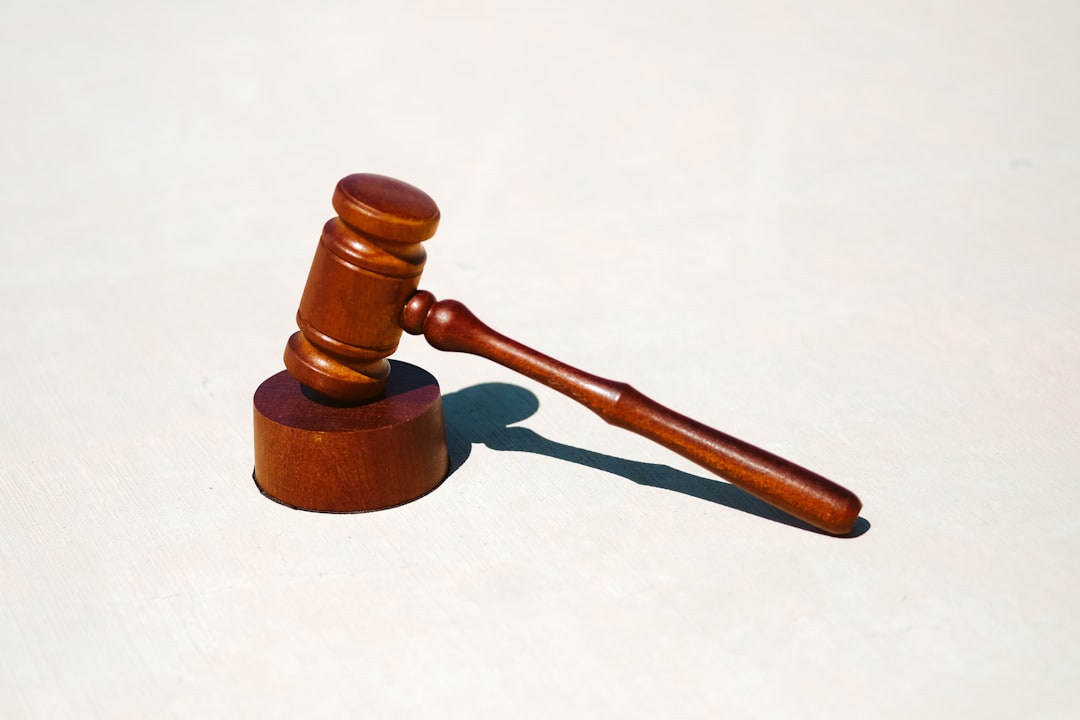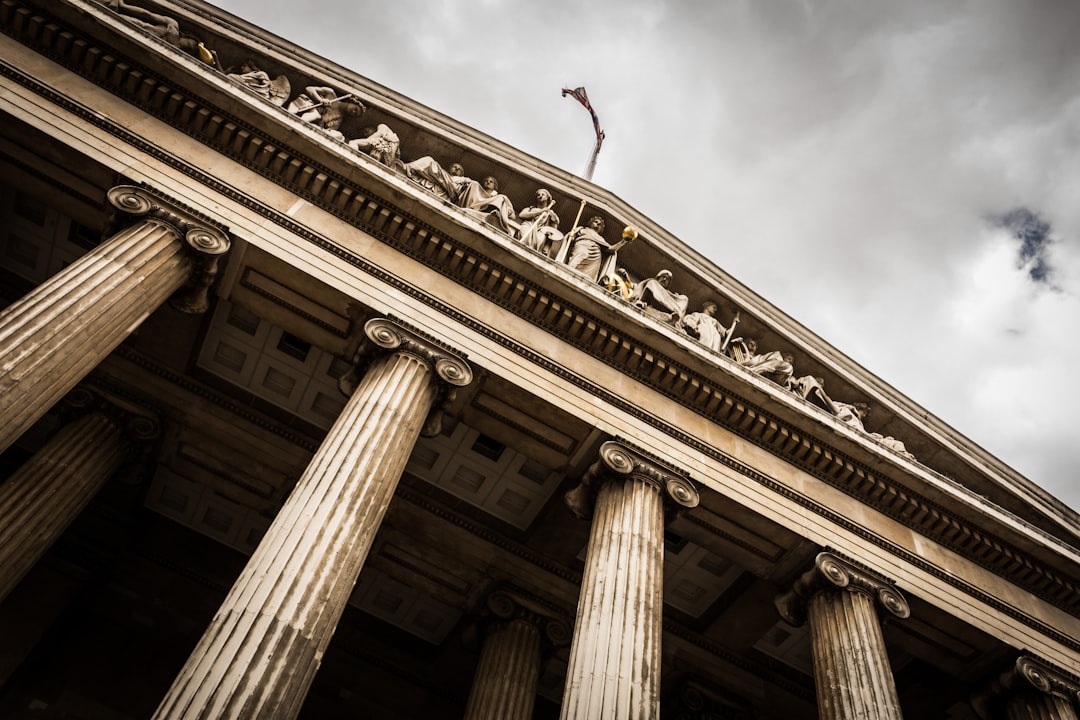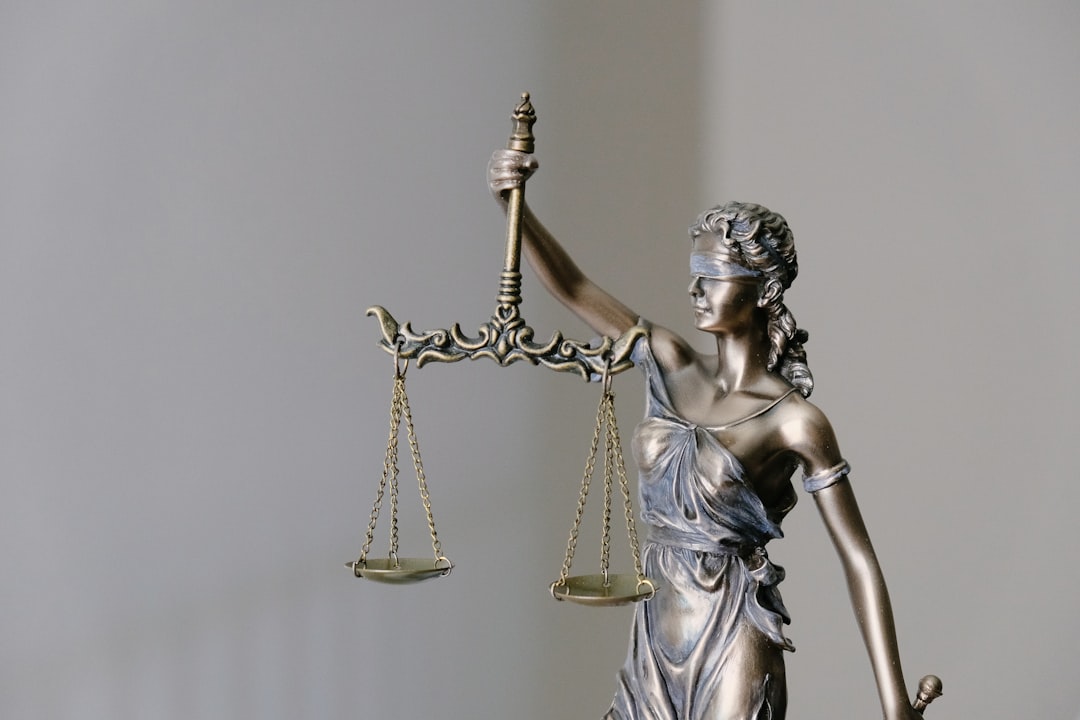Sexual abuse claims in Pennsylvania require specialized knowledge, making a sexual abuse attorney crucial for institutions navigating complex legal processes, ensuring state law compliance, and protecting interests. Attorneys interpret statutes, assist with documentation, conduct investigations, and advocate for victims' rights and institutional defenses. Pennsylvania churches actively combat sexual abuse through protocols including immediate actions, external investigations, collaboration with authorities, transparency, and mandatory reporting. Local church initiatives support survivors and accused, fostering healing and justice in safe spaces; sexual abuse attorneys collaborate to ensure fair legal processes sensitive to all needs.
In Pennsylvania, local churches are facing increasing scrutiny regarding historical claims of sexual abuse. This article explores how these institutions are navigating complex legal implications, implementing response protocols, and fostering support systems for survivors and accused individuals alike. With guidance from experienced sexual abuse attorneys in Pennsylvania, church leaders are adopting transparency measures to address past wrongs and promote healing within their communities.
Legal Implications for Sexual Abuse Claims in PA

In Pennsylvania, the legal landscape surrounding sexual abuse claims is complex and evolving. When a church or any organization faces such allegations, it’s crucial to understand the state’s laws. A sexual abuse attorney in Pennsylvania plays a pivotal role in guiding institutions through this process, ensuring they comply with legal requirements and protect their interests. These attorneys help interpret relevant statutes, such as those regarding statute of limitations and the specific rules for institutional liability, which can vary from other types of litigation.
The implications extend beyond legal consequences; they significantly impact how churches handle these sensitive matters. Organizations must carefully document and respond to claims, often involving intricate investigations and potential negotiations or litigations. A sexual abuse attorney assists in navigating these challenges, advocating for the rights of both alleged victims and the institutional defendants, ultimately shaping fair outcomes in Pennsylvania’s courts.
Church Response Protocols and Transparency

Many local churches in Pennsylvania have been proactive in establishing robust response protocols to address claims of sexual abuse within their communities. These protocols often involve immediate suspension or termination of accused individuals, thorough investigations by external experts, and close collaboration with local law enforcement. Transparency is a key focus; churches publicly post their policies and procedures, demonstrating accountability and commitment to protecting their congregants.
Additionally, several Pennsylvania churches have implemented mandatory reporting requirements for all staff and volunteers, ensuring that any suspected abuse is promptly brought to the attention of relevant authorities. These measures reflect a growing awareness of the severity of sexual abuse and an earnest effort to create safe, welcoming environments, as encouraged by many sexual abuse attorneys in Pennsylvania who advocate for victims’ rights.
Support Systems for Survivors and Accused in Pennsylvania Communities

In Pennsylvania communities, support systems for both survivors of sexual abuse and those accused play a crucial role in healing and justice. Many local churches have stepped up to provide safe spaces where individuals can find comfort, guidance, and emotional support. These congregations often offer counseling services, support groups, and community resources tailored to address the unique challenges faced by victims and alleged perpetrators alike.
A sexual abuse attorney in Pennsylvania might collaborate with these church initiatives to ensure that legal processes are fair and sensitive to the needs of all involved. By fostering an environment of understanding and compassion, churches help break down stigma and encourage individuals to seek help without fear of judgment or retaliation. This collaborative approach not only facilitates healing but also promotes a culture of accountability and justice within the community.






